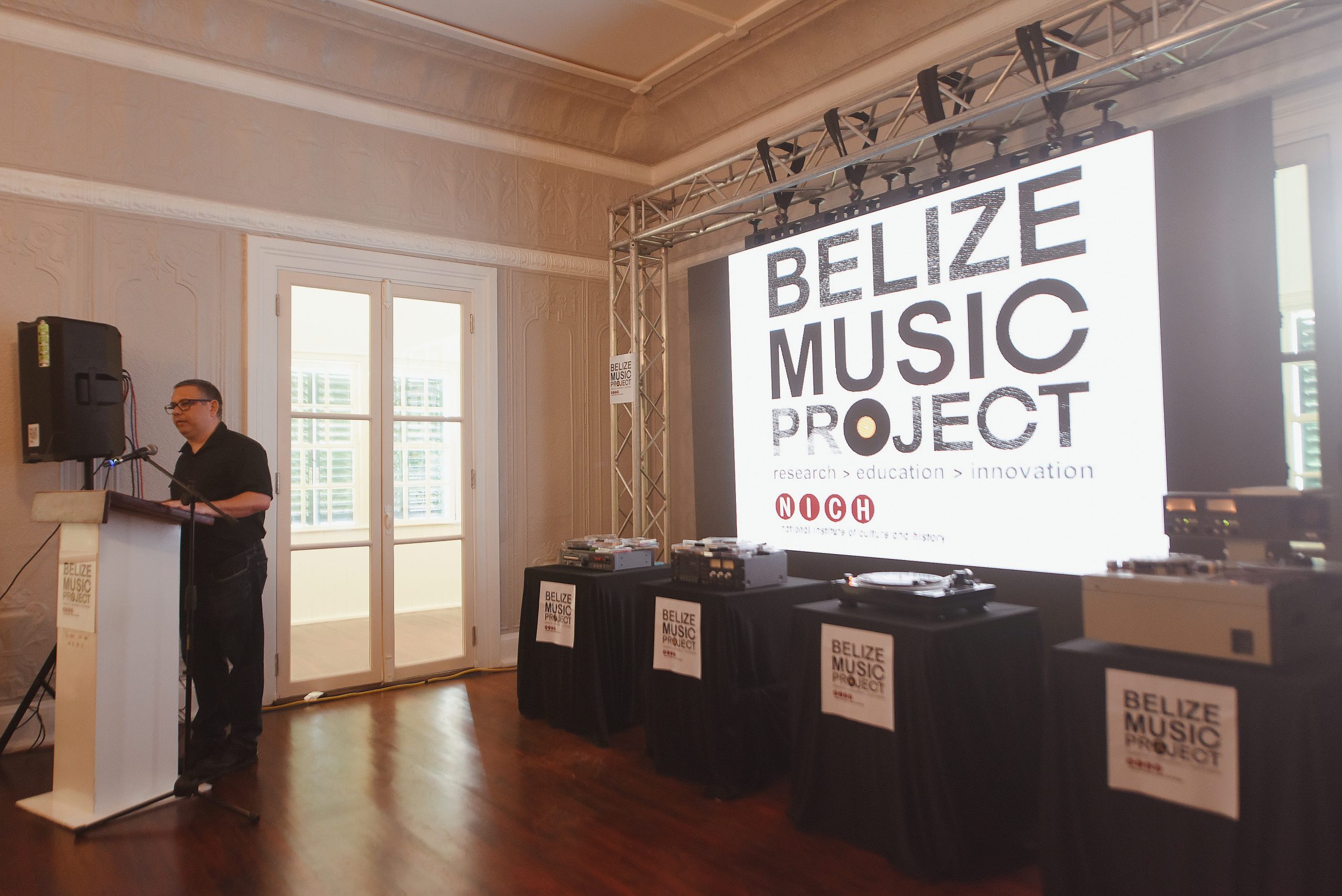SOUNDS OF OUR HISTORY

History is not just about dates, events, and notable personalities. It is written and made in various ways and by various types of people— not just historians. Great literary works, paintings, architecture, sculptures, and music are themselves historical documents because they offer more insight into the who, what, where, how, and why of bygone times. Music is an especially interesting way to travel through history because it often documents the parts of the past that were felt more and stronger than they were said. We may know that Rosa Park’s refusal to give up her seat on a bus helped to fuel the Civil Rights Movement in the U.S.. Still, we perhaps overlook the fact that it was The High Priestess of Soul, Nina Simone’s music, and politically motivated songs like “Mississippi Goddam” that helped to keep the movement energized. We may have read that the first atomic bomb was dropped on Hiroshima on August 6, 1945, but do we know that the legendary Bob Marley was born only six months earlier in February of that same year? To this day, his music and conscious lyrics continue to unite people from across the globe. Music is often the language and medium for social tragedies, social movements, and social triumphs because some things are better said in song and melody than in essays, journals, or documentaries. When we consider all of that, we have to wonder, what is the history of Belize told through the evolution of Belizean music? If we listen to our history instead of only reading about it, what could and would we discover about ourselves?
The National Institute of Culture and History (NICH) is conducting a project that will trace Belizean music from the past 100 years. The Belize Music Project will include a comprehensive research that will culminate into a new album featuring 12 innovative tracks. A major aim of the project is to document Belize’s musical history and melodic traditions. It will showcase 100 significant historical recordings along with a publication detailing the biographies of artists and historical photos. Can you imagine what Belizean musicians sang about and sounded like back in 1924? The project will celebrate the past with a little bit of the present and the future. In the new tracks, contemporary artists will reinterpret the traditional sounds for modern audiences. Additionally, the initiative, headed by Belizean producer Ivan Duran, will utilize digital platforms to connect Belize’s younger generation to their cultural roots while at the same time giving the rest of the world an opportunity to appreciate Belizean music. It is vintage meets digital. The entire project will be a labour of love and perhaps a symphony of institutions, musicians, families, and the diaspora. The Belize Tourism Board (BTB) is collaborating with NICH, the Ministry of Education, Culture, Science, and Technology (MoECST), and various partners to bring this musical mission to fruition. All that Belizean musical history will need a proper place to live into perpetuity. A music archive will be established, and a Belize Music Museum will be developed for immersive experiences and cultural diplomacy initiatives- we will strengthen our diplomatic ties through music institutions.
What would Leela Vernon, Andy Palacio, Paul Nabor, Wilfred Peters, and all the undiscovered Belizean artists from the last one hundred years say about the Belize Music Project? By 2025, we will have new tracks that will trace 100 years of Belizean music and social history. Was Samuel Haynes’ “Land of the Gods” Belize’s “Mississippi Goddam”? We don’t know, but maybe this project will help us find out. To experience our history through our music will truly be one of our greatest social triumphs yet, and that’s making history!
Chat again later.
Jasmine Anderson
For the Belize Tourism Board
